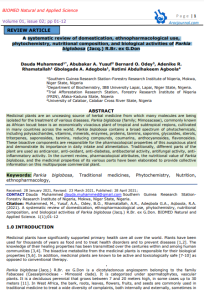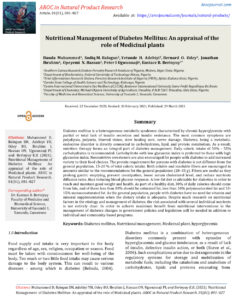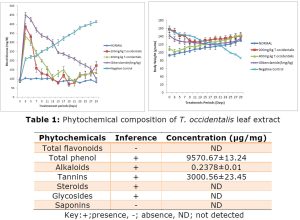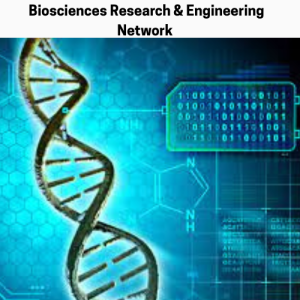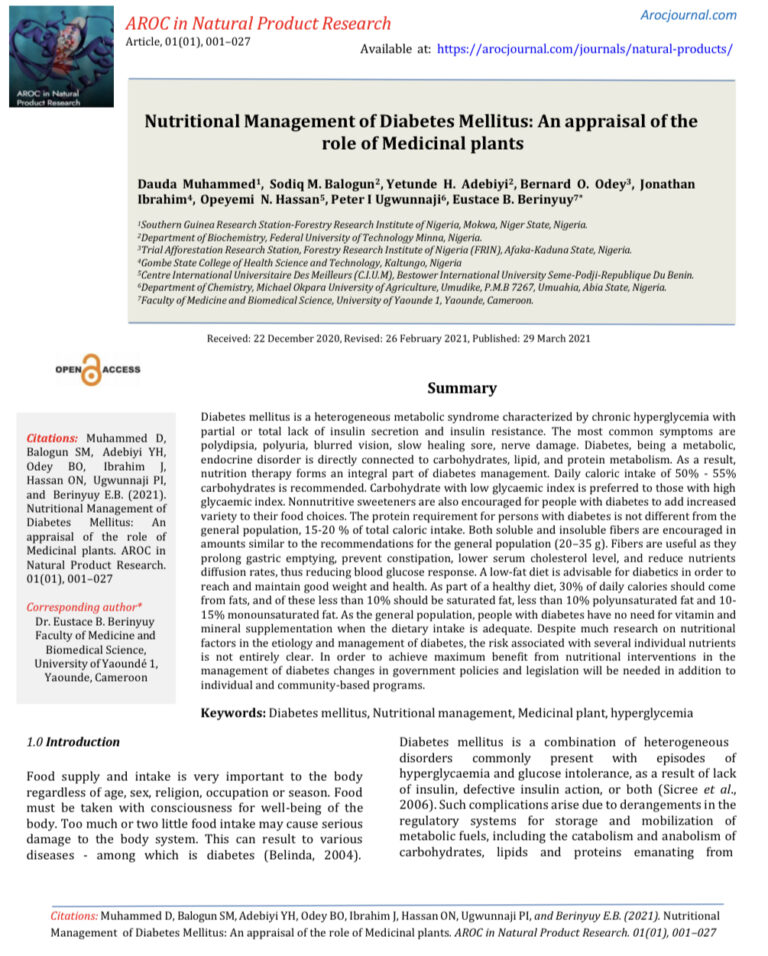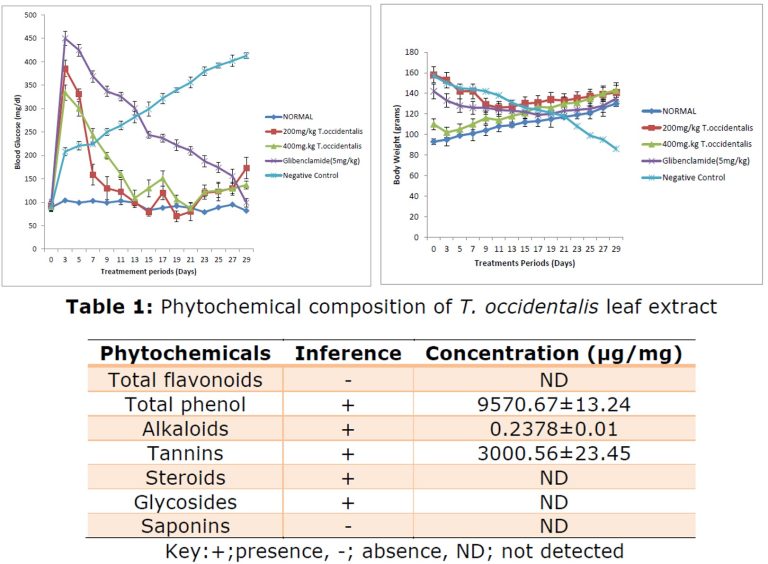Introduction:
Drug discovery is a critical yet resource-intensive process in biomedical science. On average, developing a new drug takes 10–15 years and costs billions of dollars, with many potential candidates failing during clinical trials. This inefficiency has long been a barrier to rapid therapeutic development.
The emergence of AI and machine learning (ML) has revolutionized how researchers approach drug discovery. Algorithms can analyze massive datasets, predict protein-ligand interactions, and identify promising compounds in a fraction of the time required by conventional methods. For example, AI-driven platforms have accelerated the discovery of antiviral agents during the COVID-19 pandemic.
Despite the promise, challenges such as data quality, ethical concerns, and regulatory acceptance remain. This paper explores the opportunities and challenges of AI in drug discovery, illustrating its potential to transform pharmaceutical research and development.

